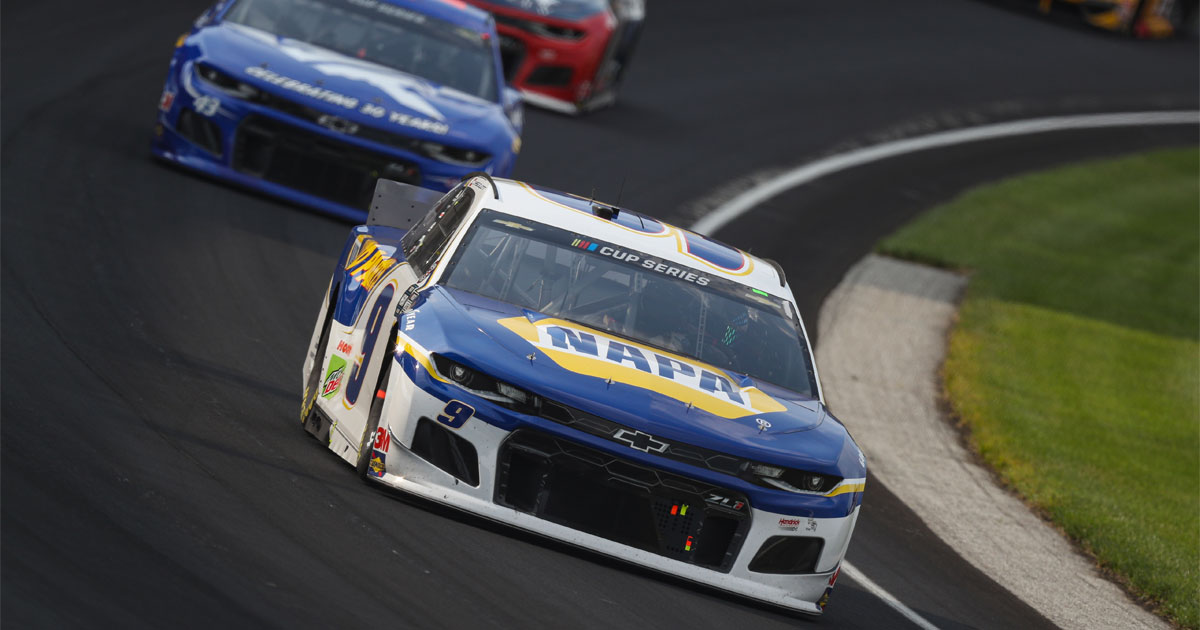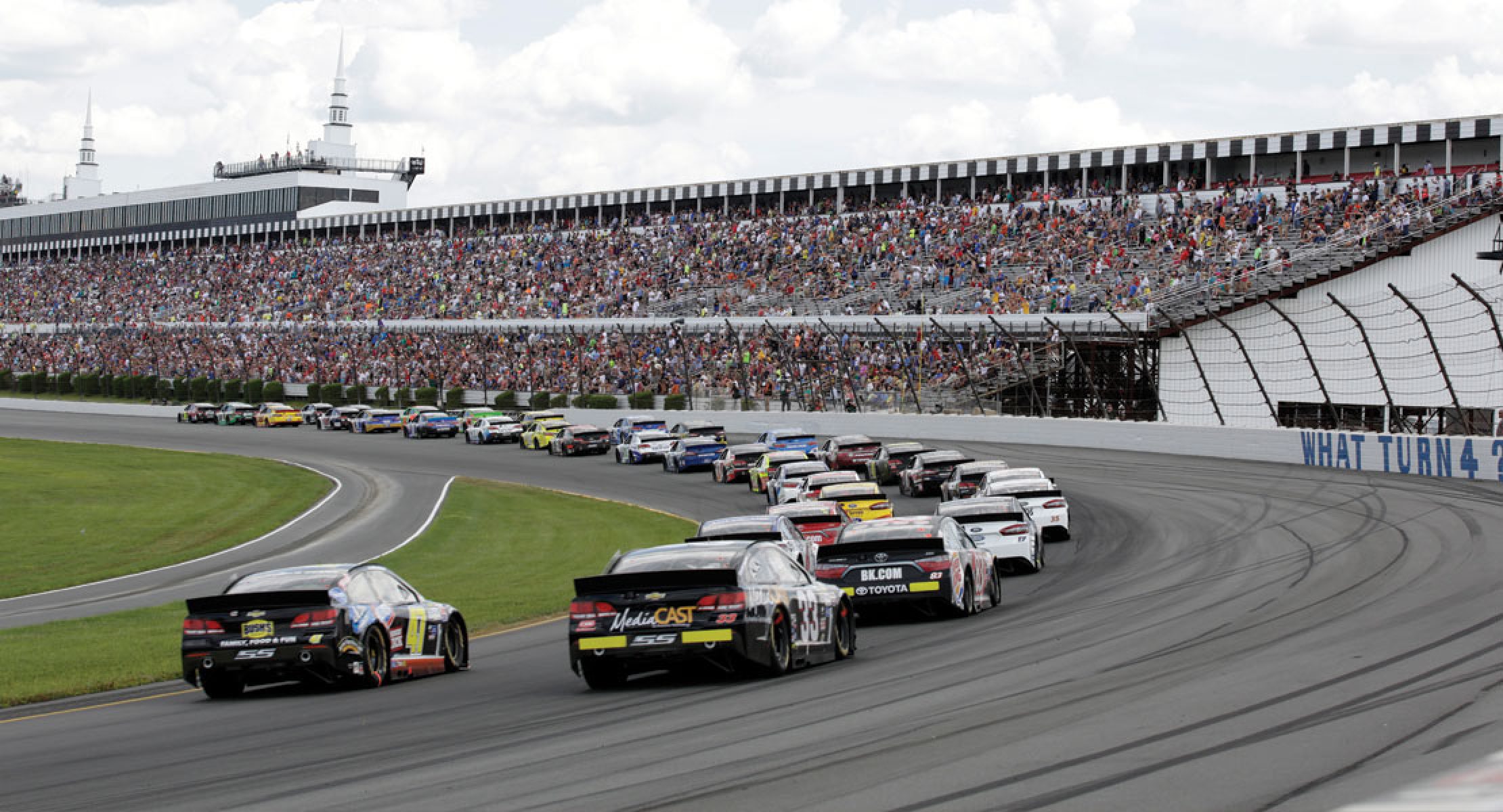Back in college, my thesis partner Miguel Fule and I decided to study the concept of the media hero. Our case in point was Manny Pacquiao. His achievement in boxing is exceptional, and his popularity was indeed over the top.
He has numerous endorsements, to top his undeniable contribution to Philippine sports. Because of him, our country was recognized as a heavyweight contender in the global ring, so to speak. He enjoys the privilege of being welcomed as a hero whenever he goes home after a victorious fight, and it seems that the media cannot get enough of him for so long.
What have I realized after our study? That the concept of heroism is evolving, but anytime in the distant future, it may be as good as extinct.
Centuries ago, people honored heroes by passing on epics and tales of legends through one generation to another. The word of mouth was very essential to the tribesmen, as they explore the depths of their beliefs by reliving these stories.
How is that different from today? I believe that my future kids will learn of Pacquiao through textbooks. He will be immortalized as one of the greatest athletes to ever grace the Philippine Islands. However, I am afraid that my children, and the future children of my peers, may not fully grasp the concept of heroism that Pacquiao is supposed to portray.
Don’t get me wrong. I’m proud of Pacquiao. I admire him for his rags-to-riches story, and I believe he is an amazing contender as a recognized hero. His battles, however, cannot justify the media’s overreaction to his success.
Pacquiao is a true champion in the sense that his conviction of fighting for the Filipino honor must be carried on in every possible way at any possible time. Nevertheless, the power of media is indescribably, to the point of conveying him as an unusual sex symbol in one of his endorsements.
So, with regards to Pacquiao, which came first? Greatness or popularity? Is he popular because he is great, or is he great because he is popular?
Why am I talking about this? Heroism, I believe, must be universal. People who are regarded as heroes must be admired, for their courage to stand up and fight for what they believe in. They are allowed to fear for their lives and make mistakes, like normal human beings. But they shouldn’t be trapped in a boxed image set by powerful men and institutions that only use them for their own benefit.
The marketing of Pacquiao as a media hero clearly showed that in this country, commercialism is more essential than information. One can ask people in the streets about what they think of Pacquiao, and I can bet all my money that there will be answers like, “He is the living legend of our generation.” Some people can say that now, because Pacquiao is practically on top of the world. One loss can bring him back down.
I guess I can’t blame only one entity, as the media banks on popularity in the public eye. The public can also argue that people only become popular when there’s too much media exposure.
As an aspiring media practitioner, I want to make my own contribution – that someday, I would be able to inject the true concept of heroism to the Filipino public. I’d like to see the media become more informative, especially about celebrities and figures that the public had grown to love. The likes of Manny Pacquiao are people to be proud of, but we should always consider the reasons why.






More Stories
The Impact of Academy Volleyball on Youth Development
Unlocking the Secrets of Oklahoma State Iowa Wrestling: Strategies and Skills Revealed
Exploring the Excitement of OFSAA Track and Field Events